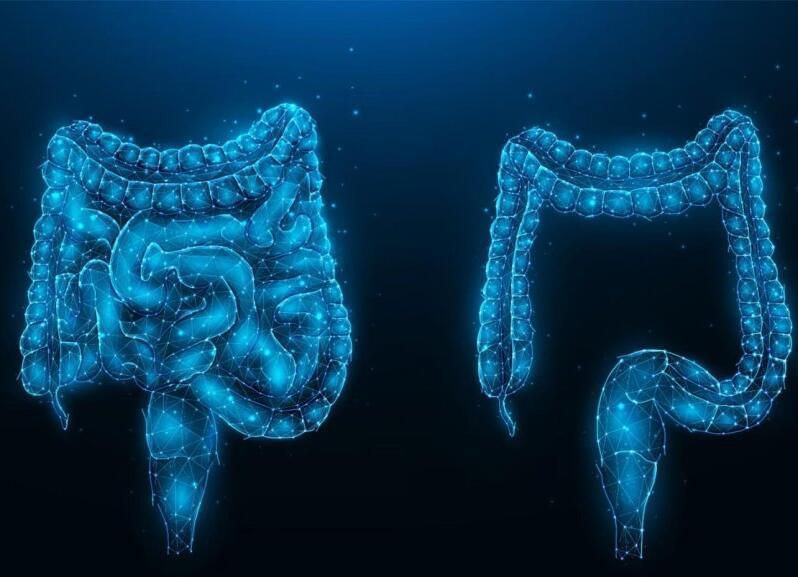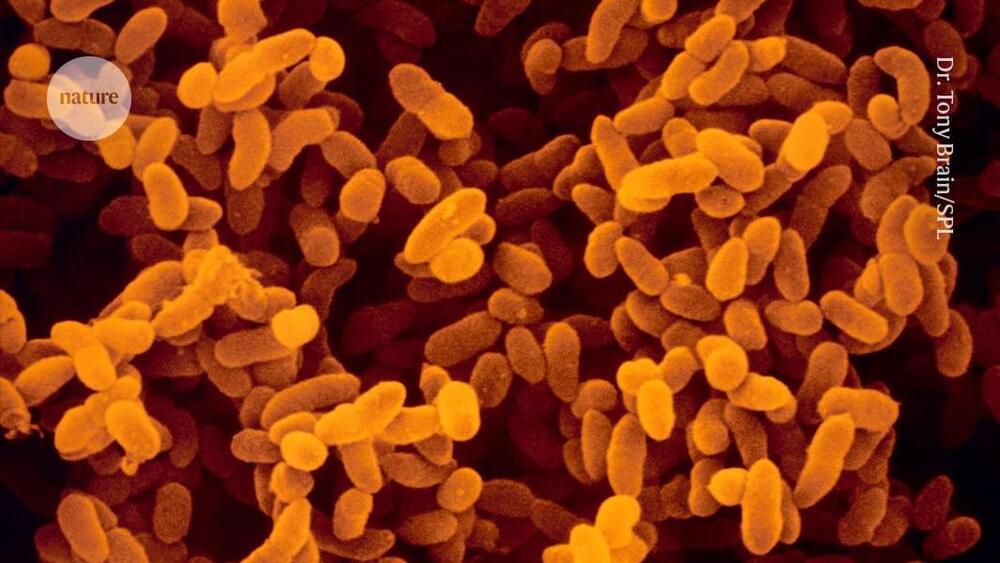Immunotherapy is a form of cancer treatment that harnesses the immune system to recognize and target the tumor. In most cancers, the immune system fails to detect the rapid proliferation of tumor cells. Lack of immune cell detection is due to the tumor polarizing or reprogramming immune cells to promote cancer progression and suppress the immune system. This is done through variety of ways including the release of proteins or cytokines that direct immune cell development and function. Current immunotherapies target these polarized immune cells to switch them back toward an anti-tumor function. Although there are many ways to redirect immune cells to attack cancer, immunotherapies maintain limited efficacy due to the immunosuppressive mechanisms within the tumor microenvironment (TME). In addition, heightened toxicity associated with immunotherapy also pose challenges when prescribing treatments to patients.
One immunotherapy that has demonstrated significant promise in cancer patients is chimeric antigen receptor (CAR) T cells are immune cells within the body that are responsible for killing or lysing invading pathogens, including cancer. The immune system orchestrates a response by employing T cells to recognize an infection, in healthy individuals. In the context of cancer, T cells cannot recognize that the tumor is deleterious to the body. Therefore, CAR T cells are generated to reprogram the cell’s ability to recognize and lyse the tumor. CAR T cell therapy takes the patient’s T cells and engineers them to target specific surface markers on the tumor. They are then grown in a dish and expanded before being intravenously reinfused in the patient. CAR T cell therapy is commonly associated with lymphoma, but unfortunately neurotoxicity can be an adverse side effect which limits efficacy.








